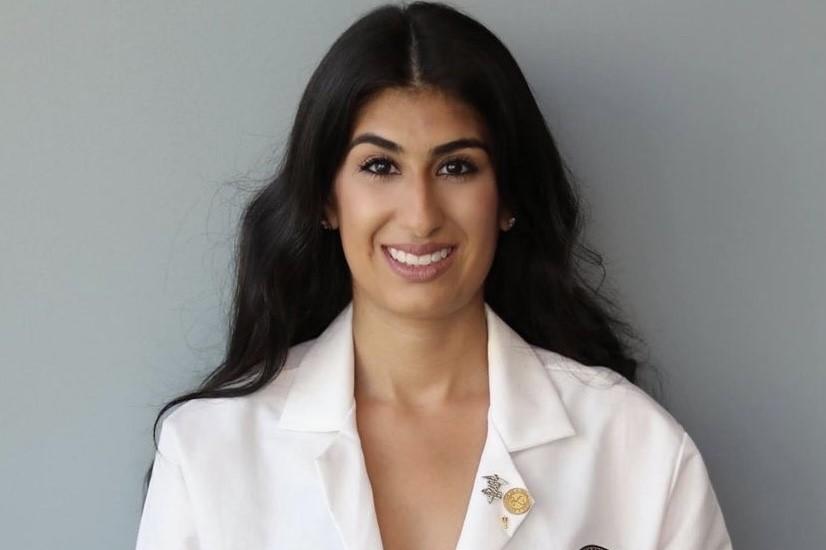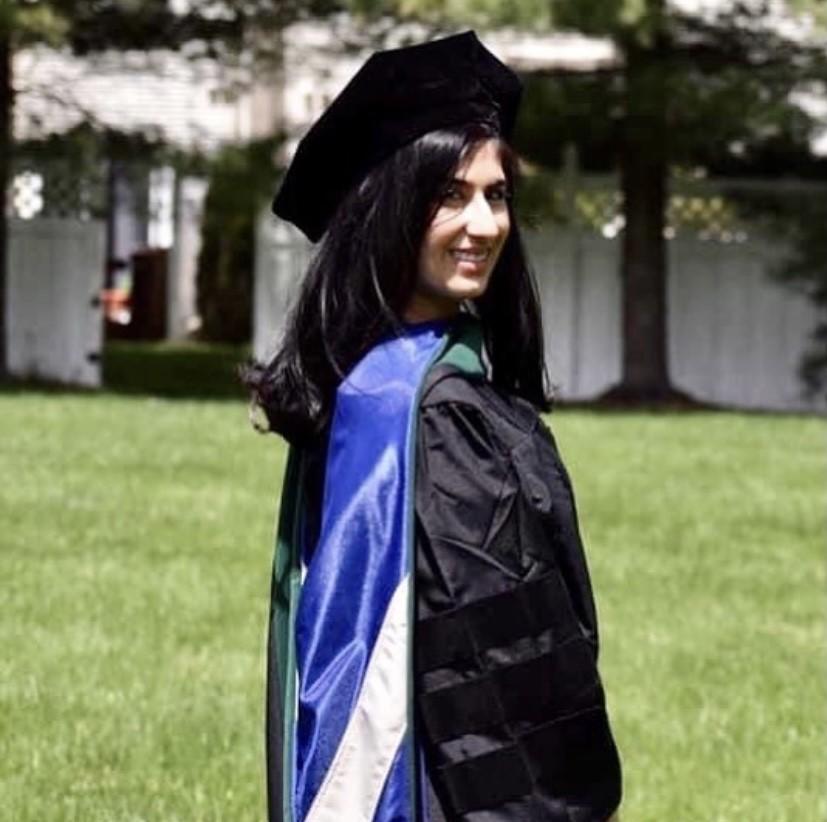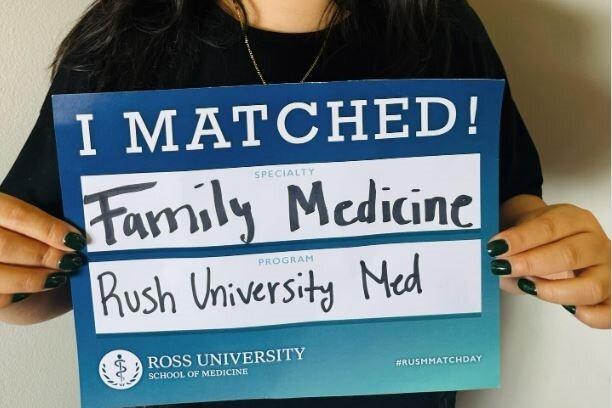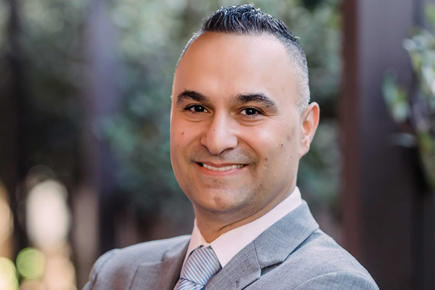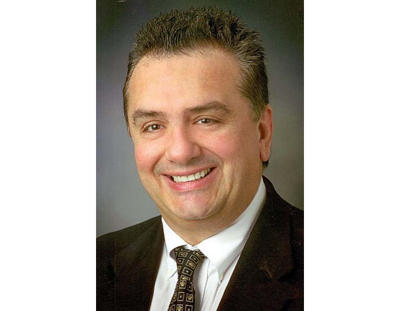Ross University School of Medicine (RUSM) graduate Priyanka Gianchandani, MD ’20, thinks of herself as a medical detective and a healthcare educator. Now in residency at Montefiore Medical Center in Bronx, New York, her first-hand experience with a complex disease provides her with the inspiration to diagnose, treat, and prevent illness. Her patients depend on her knowledge and expertise for detection, preventative care, wellness education, and solutions. Most are unaware of her private health battle.
A personal health challenge leads to a career journey
For most of her early years, her life seemed normal. She learned ballet and traditional Indian dance in Northeastern New Jersey and excelled in the life sciences in high school. It was while she was pursuing a graduate degree in biomedical sciences that she noticed she felt exhausted, had memory issues, and struggled to concentrate on her studies. “I knew something was wrong because I studied for hours and was unable to retain any of it,” says Gianchandani. Diagnosed with Hashimoto’s Disease, an autoimmune disorder that causes an underactive thyroid, she began medication to alleviate her symptoms. “Once my condition improved, I was finally able to concentrate and juggle the demands of school and work. I wanted to help others dealing with thyroid disorders and other diseases to find solutions.”
It was that experience that began her interest in Internal Medicine and patient care. “Patients need a doctor who will listen to their concerns. It may take time to discover what is causing their symptoms and thyroid disease is complex. A doctor sometimes needs to be a detective, but also provide support while finding the right treatment for patients,” says Gianchandani.
Preparation for patient care and education
During her internship in Exercise Science and Sports Studies at a commercial gym, she worked with cardiac, pulmonary, and bariatric patients, helping them with exercise and weight loss goals as a wellness specialist. Gianchandani explains, “Partnering with patients inspired me to investigate careers where I can guide people to improve their health.”
Soon after her medical issues were resolved, she had her eye on medical school. “I expressed my interest in attending med school, and my grandfather encouraged me. My parents were concerned because of my previous medical condition. I was determined to get my medical degree and show my parents this is something I want to accomplish.”
A different path on the way to match
Despite resolving her past health issues, she found the curriculum at RUSM challenging. Then, a personal loss during school was an even bigger challenge. “During the second semester, I lost my grandfather, who had encouraged me to go to medical school. I was incredibly sad he was never able to see me reach my dream of becoming a doctor. So, the time I spent away from my family at med school was very difficult.” The loss of her grandfather and the rigors of medical school led her to take time off for additional education before matching for residency. “I took a gap year after the United States Medical Licensing Examination® (USMLE) Step 3 exam and pursued an MBA and an MPH from Chamberlain University online, all while doing match interviews. I thought the time off to focus on further education and interview techniques would add value when I continued my medical studies.”
Because of the gap year, she worried she wouldn’t match—but Gianchandani matched on her first try. “I’m grateful for the opportunity to finally work as a clinician. Thanks to RUSM for believing in me and helping me get this far. I count every blessing.”
Building trust is the key to better patient health
At Montefiore Medical Center, Gianchandani focuses on learning the many aspects of internal medicine—teaching students and conducting research, all while practicing medicine as a doctor. She works with a culturally diverse and often lower-income population who need access to care, disease detection, and preventative education to achieve lifestyle modifications. “Many patients cannot afford the treatment they need to maintain good health, much less diagnose or treat complex illness, and many do not trust the healthcare system or doctors. The earlier I earn the trust of patients, the sooner I can help them incorporate lifestyle changes to prevent diseases like high blood pressure and diabetes. Maintaining good health requires lifelong education. I want to show them I’m here to make sure they receive the best solutions for treatment. I’m so glad I can help these patients and I wouldn’t have matched into this kind of opportunity without my degree from RUSM.”

